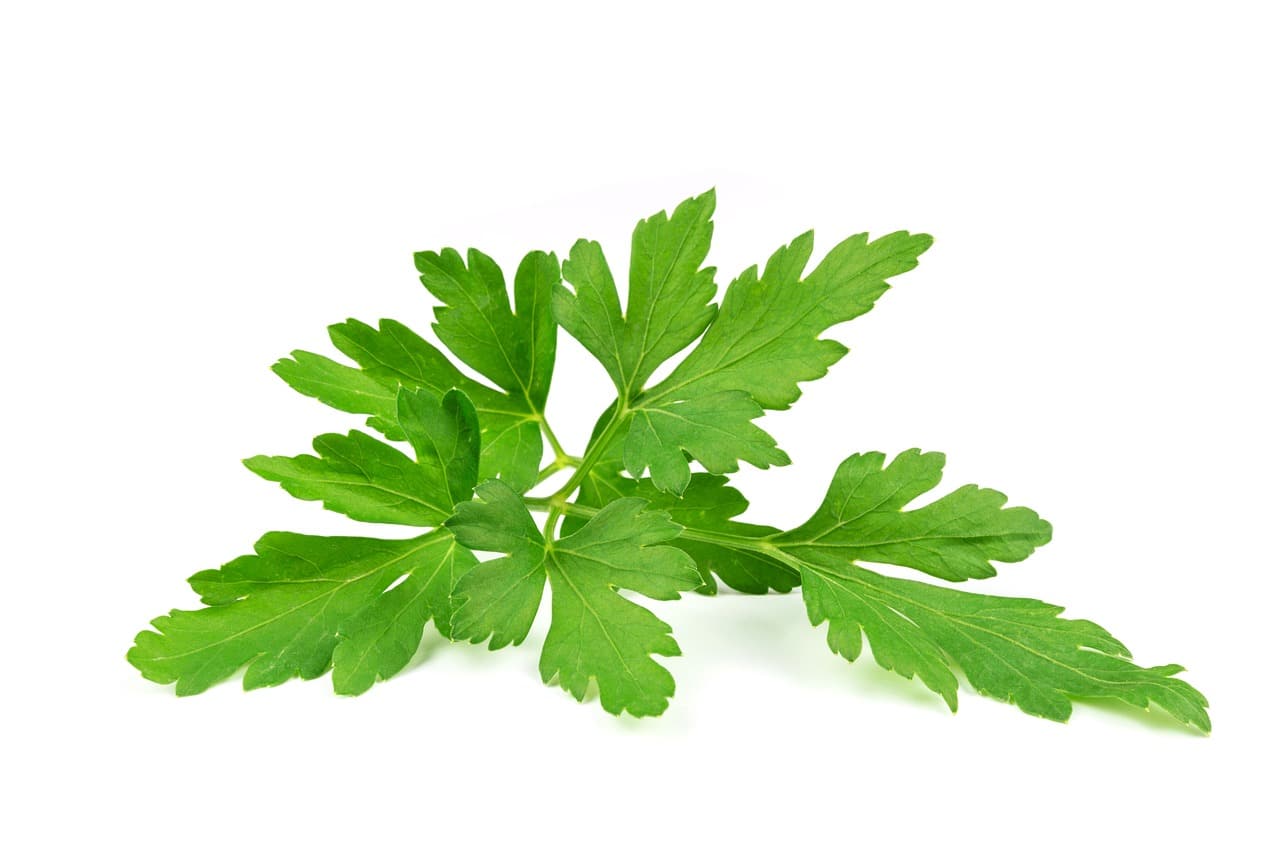What Are the Roles of Antioxidants in Skin Health and Anti-Aging?

In today’s beauty and health-conscious world, you’ve likely heard about antioxidants and their supposed benefits. But do you truly understand what they are and how they impact your skin health and aging process? Despite the buzz, antioxidants aren’t just a fad. On the contrary, countless scholars and scientific studies reveal that they play an integral role in maintaining good skin health and slowing down the aging process.
Today, we’ll delve into the world of antioxidants. We’ll explore what they are, how they function, and why they are vital for our skin. This exploration will enable you to make informed decisions about your skincare routine and products.
A découvrir également : Can Dance Movement Therapy Provide Relief for Chronic Pain Sufferers?
Understanding Antioxidants and Their Role in the Body
Antioxidants are molecules that inhibit the oxidation of other molecules in our bodies. They are found in various foods and are also produced by our bodies. However, it’s often necessary to boost their levels through diet or skincare products, especially as we age.
Oxidation is a chemical process that produces free radicals, molecules that can cause harm if their levels become too high in the body. These free radicals are produced as a result of normal metabolic processes and external factors like exposure to sunlight and pollution.
En parallèle : How Does Community Gardening Impact Physical and Mental Community Health?
When the balance between antioxidants and free radicals is disrupted, it can lead to oxidative stress. Oxidative stress has been linked to a variety of health issues, including cancer, heart disease, and premature aging. Furthermore, according to an article on PubMed, oxidative stress can cause significant damage to your skin cells, leading to wrinkles, pigmentation, and other signs of aging.
The Impact of Antioxidants on Skin Health
A healthy skin barrier is crucial for maintaining both the appearance and function of your skin. It holds in moisture, protects against external irritants, and prevents damage from environmental stressors. Antioxidants play an essential role in supporting this barrier.
Free radicals can break down the skin’s collagen and lead to aging signs such as wrinkles and fine lines. Antioxidants neutralize these free radicals, reducing their harmful effects and slowing down the aging process. They also improve cell turnover and increase collagen production, which helps maintain skin elasticity and firmness.
Antioxidants such as Vitamin C, E, and A (retinol) have also been shown to brighten the skin, reduce inflammation, and help combat acne and other skin issues. The positive effects of these antioxidants on skin health are well documented in numerous scientific studies, as you can verify on Google Scholar.
The Anti-Aging Benefits of Antioxidants
Adding to their skin health benefits, antioxidants are garnering attention for their potential anti-aging effects. For instance, Vitamin C, a powerful antioxidant, aids in stimulating collagen production–a critical factor in skin’s youthful appearance. It also helps improve the appearance of fine lines and wrinkles, and evens out skin tone.
Vitamin E, another essential antioxidant, also contributes to skin health by protecting cells from oxidative damage. It has been noted for its ability to prevent early skin aging and reduce the appearance of age spots and wrinkles. Vitamin A, particularly in the form of retinoids, is widely regarded for its anti-aging properties. It promotes cell turnover, reduces fine lines and wrinkles, and also aids in acne treatment.
By protecting our skin cells from free radical damage, antioxidants help keep our skin looking youthful and radiant for longer.
Integrating Antioxidants into Your Skin Care Routine
Given their numerous benefits, antioxidants are now central to many skincare products. To integrate them into your routine, look for products like serums, creams, or oils that list antioxidants among their key ingredients.
Vitamin C serums are particularly popular and beneficial. They should be applied after cleansing but before moisturizing. Vitamin E oils can be used in a similar way or mixed with a moisturizer for extra hydrating effects. Retinol products are also particularly effective for anti-aging, but they can be potent and may require a gradual introduction to your routine.
Remember, consistency is crucial in skincare. Regular use of antioxidant-rich products, combined with a healthy diet, will certainly enhance your skin’s health and appearance.
The Role of Antioxidants in Preventing Skin Cancer
Finally, it’s crucial to note that antioxidants have been stated to play a role in preventing skin cancer. They do this by reducing DNA damage in skin cells, which can otherwise lead to cancer.
According to a study cited on PubMed, the regular application of skincare products containing antioxidants can provide a protective layer on the skin and significantly reduce the risk of skin cancer. This protective role is particularly important for individuals who are frequently exposed to the sun and other environmental stressors.
However, while antioxidants offer protection, it’s vital to remember they do not replace sunscreen. Sunscreen should still be your primary defense against harmful UV rays, with antioxidants acting as an extra layer of protection.
In conclusion, antioxidants are indeed powerhouses of protection and rejuvenation for skin health. They offer significant benefits, from maintaining skin health and slowing down the aging process to potentially reducing the risk of skin cancer. They truly deserve a prominent place in your skincare routine and lifestyle.
Foods Rich in Antioxidants and Their Skin Benefits
Antioxidants are not exclusive to skincare products; they are also present in various food sources. Consuming a balanced diet rich in antioxidant-loaded foods can significantly enhance skin health and anti-aging effects.
Vitamin C is abundant in citrus fruits like oranges and lemons, strawberries, bell peppers, and broccoli. There’s a reason why an apple a day keeps the doctor away- this fruit is loaded with Vitamin E, as are spinach, nuts, and seeds.
Beta-carotene, a type of Vitamin A, is found in foods like carrots, sweet potatoes, and spinach. Your body converts this compound into retinol, an effective anti-aging antioxidant.
Various types of berries, including blueberries, raspberries, and goji berries, are also high in antioxidants, as are dark chocolate (in moderation), pecans, and even red wine.
Consuming these foods on a regular basis can help complement your skincare routine by providing your body with an extra dose of antioxidants. This, in turn, can boost your skin’s health, slowing down the aging process and potentially reducing the risk of skin cancer.
It’s important to note, however, that while diet plays a significant role in skin health, it should not replace the use of skincare products. A combination of dietary and topical antioxidants is the most effective approach for maintaining healthy, youthful skin.
Conclusion
In summary, antioxidants play a substantial role in skin health and anti-aging. They protect our skin cells from harmful free radicals, boost collagen production, and maintain the skin’s elasticity and firmness. This reduces the appearance of wrinkles and other signs of aging, leading to healthier, more youthful-looking skin.
Moreover, antioxidants play a preventive role in skin cancer. They create a protective layer on the skin, reducing DNA damage in skin cells that can lead to cancer.
Including antioxidant-rich foods in your diet, along with regular use of antioxidant-infused skincare products, can significantly enhance your skin’s health and appearance. While they do not replace sunscreens, they add a valuable layer of protection against the sun’s harmful rays.
Remember, consistency is key. Regular consumption of antioxidant-rich foods, combined with daily use of antioxidant-based skincare products, can help you maintain a youthful, radiant complexion for longer.
In conclusion, antioxidants are indeed the unsung heroes in the realm of skincare. They offer significant benefits, from maintaining skin health and slowing down the aging process to potentially reducing the risk of skin cancer. Make them a consistent part of your skincare routine and diet for the best results.
